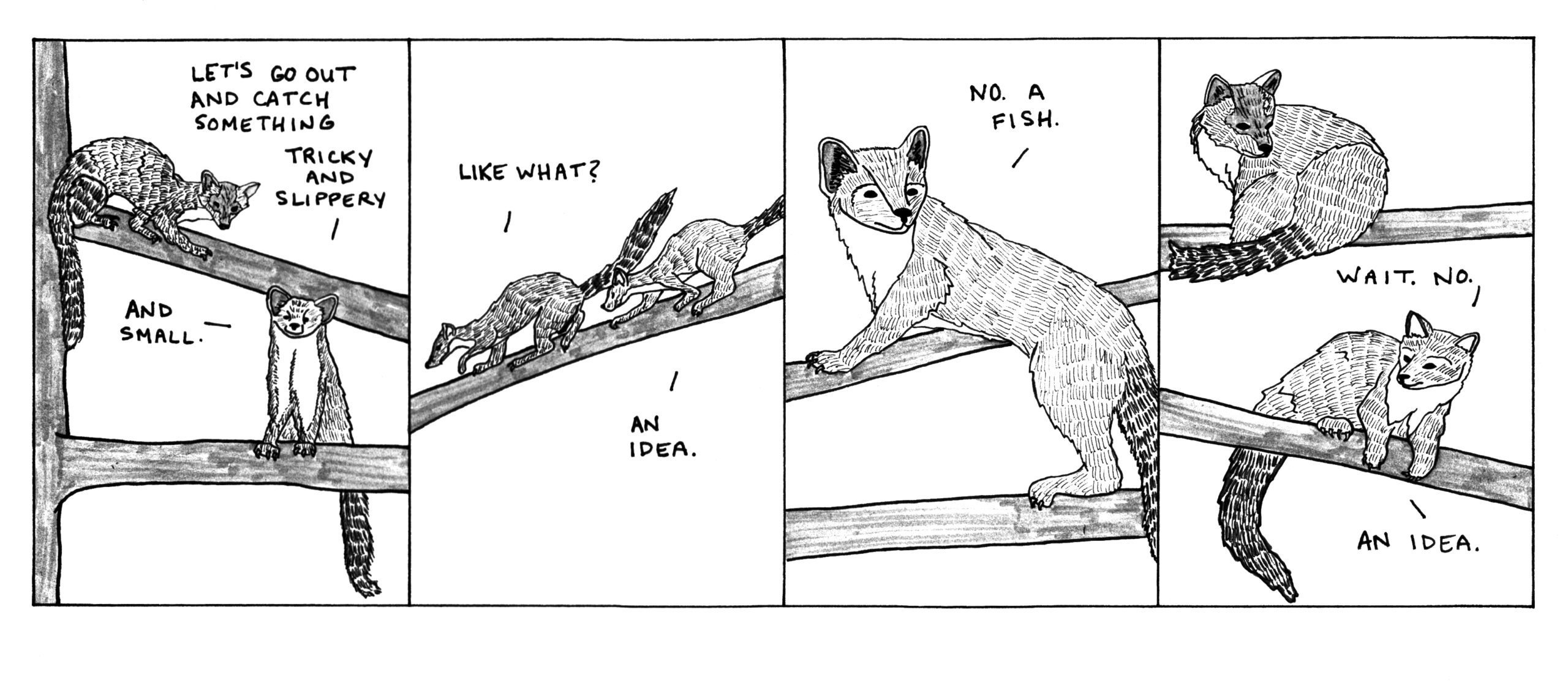The writing lessons that have stuck with me most steadfastly, I realize, are the ones that would probably be considered insanely picky or fiddly by the wider population.
For example: look out for words or phrases that you use as crutches, and work tirelessly to eradicate them. (It’s not without a sense of irony that I’ve used three adverbs in the past two paragraphs.) Why is that so fiddly? Because it’s a micro-level awareness that comes to permeate the macro-work of my writing. No more am I able to type a single sentence without checking myself against the use of “of course” or “as [x] as [y]” or “something/anything/sometime/anytime” or “that” or “it” or…well, the list goes on.
However, that’s not a complaint, it’s just an observation. I’ve always been a prose-meddler: I can’t really write a fast draft to try and get the shape of a story out, I am forever re-crafting each line. But it’s a funny thing to have your tics pointed out to you, and then feel them ticking.
This week has been emotional in small ways and large ways, lots of little barbs and sudden happinesses, and more often than not what I’ve wanted was to lie in a sensory deprivation chamber so my body and spirit can recalibrate a little without any further input. (Apparently that’s a thing you can really do. In Scottsdale, of all places.)
A cryptic claim. But true. Small tics are ticking in my writing and in my life, and I choose to believe that the final outcome of both will be a greater awareness, a cleaner sound, a better connection.
In un-cryptic internet news, here are some places to visit:
– Dexter Booth’s poems in the new issue of Blackbird (and then the rest of the issue, which is great)
– What happens when you reverse the gendering on the covers of books written by men and women. Pretty striking. And funny. And then sad.
– Alissa Nutting’s piece in the New England Review
– Adding monsters to thrift store paintings. Because why not?
